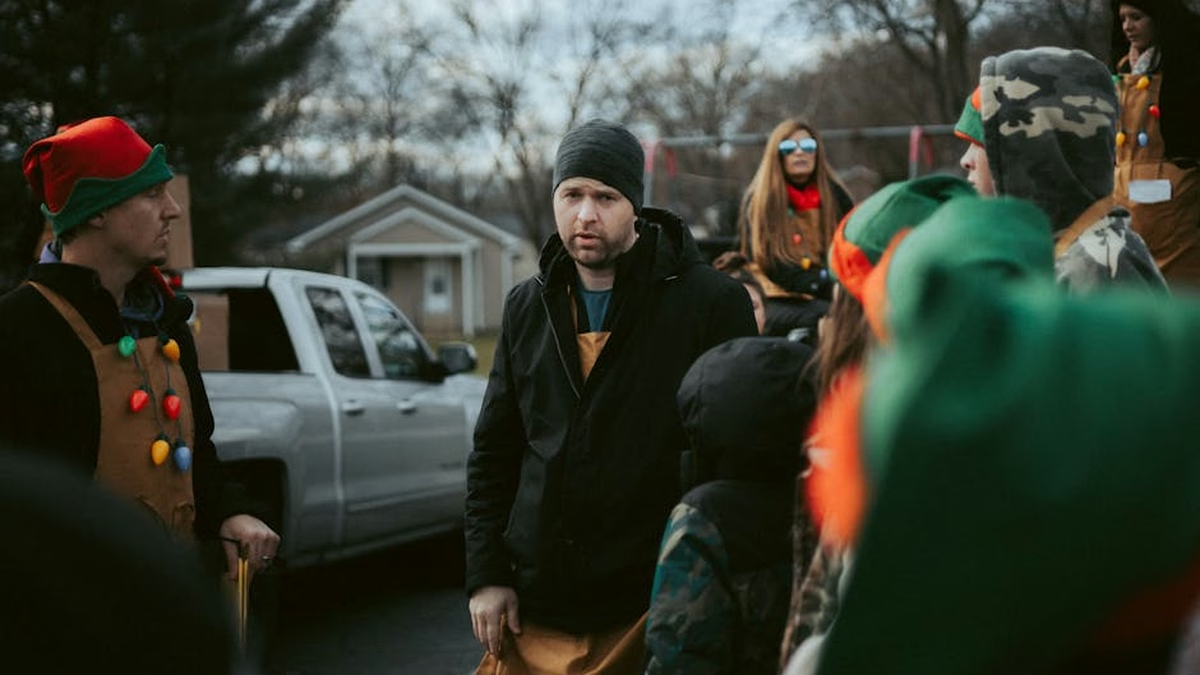Beat Winter Loneliness: Connect & Thrive
The winter months, often associated with cozy fires and festive gatherings, can paradoxically be a time of heightened loneliness and social isolation for many. Shorter days, colder weather, and post-holiday blues can contribute to a sense of disconnect and withdrawal. However, it’s crucial to remember that loneliness is a feeling, not a life sentence, and there are proactive steps you can take to combat winter isolation and build social connections.
Understanding Loneliness and Social Isolation
While often used interchangeably, loneliness and social isolation are distinct. Loneliness is the subjective feeling of distress resulting from a discrepancy between desired and actual social relationships. Social isolation, on the other hand, is an objective measure of having few social contacts and infrequent social interaction. Both can have significant impacts on mental and physical health.
The Impact of Loneliness on Health
Research has consistently linked loneliness to a range of negative health outcomes. Studies have shown that chronic loneliness can be as damaging to your health as smoking 15 cigarettes a day. Some of the potential health consequences include:
- Increased risk of heart disease and stroke
- Weakened immune system
- Higher rates of depression and anxiety
- Cognitive decline
- Increased risk of premature death
According to the CDC, social isolation and loneliness are associated with about a 50% increased risk of dementia. Recognizing the seriousness of these issues is the first step toward addressing them.
Strategies for Building Connection and Community
Fortunately, there are many effective strategies for building social connections and alleviating loneliness, even during the challenging winter months. Here are some practical tips:
Reaching Out to Existing Connections
Sometimes, the simplest solution is the most effective. Reconnecting with people you already know can significantly reduce feelings of loneliness.
- Schedule regular calls or video chats: Make a conscious effort to connect with friends and family, even if it’s just for a quick chat.
- Plan in-person visits: If possible, arrange to meet up with loved ones for coffee, lunch, or a walk.
- Send a thoughtful message: A simple text, email, or handwritten note can go a long way in letting someone know you’re thinking of them.
Joining Groups and Activities
Participating in group activities is a great way to meet new people who share your interests and build a sense of community. This is a key community engagement strategy.
- Join a club or organization: Consider joining a book club, hiking group, or volunteer organization.
- Take a class or workshop: Learning a new skill can be a fun and engaging way to meet new people.
- Attend community events: Check your local newspaper or community center for upcoming events, such as concerts, festivals, or workshops.
Volunteering Your Time
Volunteering is a win-win situation. It allows you to give back to your community while also connecting with others who share your passion for a particular cause. It’s a fantastic community engagement strategy and a great way to build social connections.
- Find a cause you care about: Choose an organization whose mission resonates with you.
- Commit to a regular schedule: Even a few hours a week can make a big difference.
- Engage with other volunteers: Take the time to get to know your fellow volunteers.
Embracing Technology
While technology can sometimes contribute to feelings of isolation, it can also be a powerful tool for building social connections. During the winter months, when venturing out may be less appealing, online communities can be a lifeline.
- Join online forums or groups: Find online communities that align with your interests.
- Participate in virtual events: Many organizations offer online workshops, webinars, and social gatherings.
- Use social media mindfully: Focus on connecting with friends and family rather than passively scrolling through feeds.
Practicing Self-Care
Taking care of your physical and mental health is essential for combating loneliness. When you feel good about yourself, you’re more likely to feel confident and motivated to connect with others. Don’t neglect your mental health winter months.
- Get enough sleep: Aim for 7-8 hours of sleep per night.
- Eat a healthy diet: Nourish your body with nutritious foods.
- Exercise regularly: Physical activity can boost your mood and reduce stress.
- Practice mindfulness or meditation: These techniques can help you manage stress and anxiety.
Overcoming Holiday Loneliness
The holidays can be a particularly challenging time for those experiencing loneliness. The pressure to be joyful and surrounded by loved ones can amplify feelings of isolation. Here’s how to overcome holiday loneliness:
- Acknowledge your feelings: It’s okay to feel sad or lonely during the holidays. Don’t try to suppress your emotions.
- Set realistic expectations: Don’t expect the holidays to be perfect.
- Create new traditions: If your usual holiday traditions are no longer possible, consider creating new ones.
- Focus on giving back: Volunteering during the holidays can be a rewarding way to connect with others.
- Seek professional help: If you’re struggling to cope with holiday loneliness, don’t hesitate to reach out to a therapist or counselor.
A Case Study: Finding Connection Through Community Gardening
Consider the example of Sarah, a retired teacher who felt increasingly isolated during the winter months. She decided to join a local community garden. Through the garden, she not only learned new skills but also met a diverse group of people who shared her love of nature. The shared activity provided a natural opportunity for conversation and connection, and Sarah quickly formed meaningful friendships. This demonstrates the power of community engagement strategies in combating loneliness.
References
-
Centers for Disease Control and Prevention (CDC)
– Leading national public health institute of the United States. -
World Health Organization (WHO)
– Global authority on international public health. -
Mayo Clinic Healthy Lifestyle
– Evidence-based health advice from medical experts.
Conclusion
Loneliness and social isolation are significant challenges, particularly during the winter months. However, by actively implementing strategies to build social connections, engage in your community, and prioritize self-care, you can combat winter isolation and thrive. Remember that seeking help is a sign of strength, and there are resources available to support you. Take the first step today towards a more connected and fulfilling winter season. Don’t let the season define you, define your season by actively combating loneliness and building a network of support and friendship.






